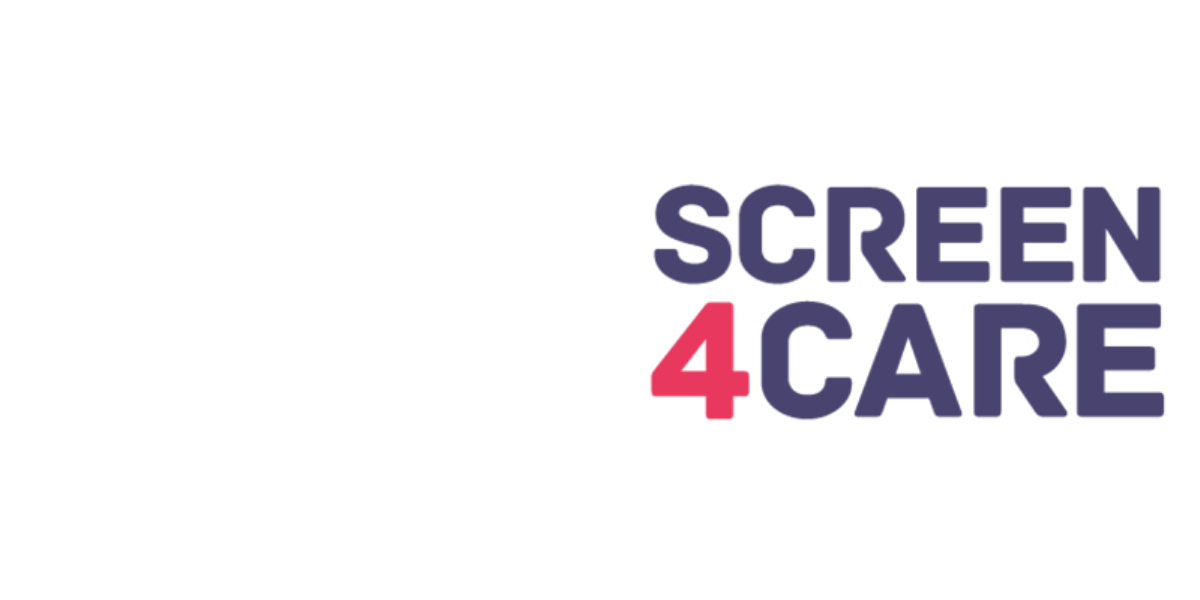Yesterday marked the official launch of Screen4Care which is a new EU Research Project focussed on accelerating diagnosis for Rare Disease patients through genetic newborn screening and advanced analysis methods such as machine learning and Artificial Intelligence. The project will run for a period of five years with a total budget of EUR 25 million provided by the Innovative Medicines Initiative (IMI 2 JU), a joint undertaking of the European Union and the European Federation of Pharmaceutical Industries and Associations (EFPIA).
Screen4Care will use a multi-pronged strategy to shorten the time to diagnosis and treatment for patients with rare diseases:
- Genetic newborn screening: The project will drive newborn screening (using genetic testing and related advanced genomic technologies), which is anticipated to be an effective tool for early diagnosis given that approximately 72% of rare diseases have a genetic cause and 70% of rare disease patients are children.
- AI-based tools: The project will design and develop new AI algorithms to identify patients at early disease onset via electronic health records and develop a repository of AI ‘symptom checkers’ to help patients who are in the midst of their diagnosis journeys – both supporting symptom-based diagnosis later in life.
You can learn more about the project by reading the press release here.
EURORDIS’ role in Screen4Care as a partner is substantial as we bring multi-stakeholder perspectives and ensure patient engagement at different levels including:
- EURORDIS chairs the Patient Advisory Board which is comprised of up to 10 rare disease patient representatives who will provide high level advice and strategic recommendations for the project;
- Patient input will be ensured also more specifically in several activities including through the definition of actionable diseases for genetic newborn screening with the help of the EURORDIS NBS Working Group and the Rare Barometer Voices.
- The co-design of the Screen4Care platform will be facilitated through focus groups’ activities with patient representatives from different disease areas and from the Data and Digital Advisory Group (DAG).






